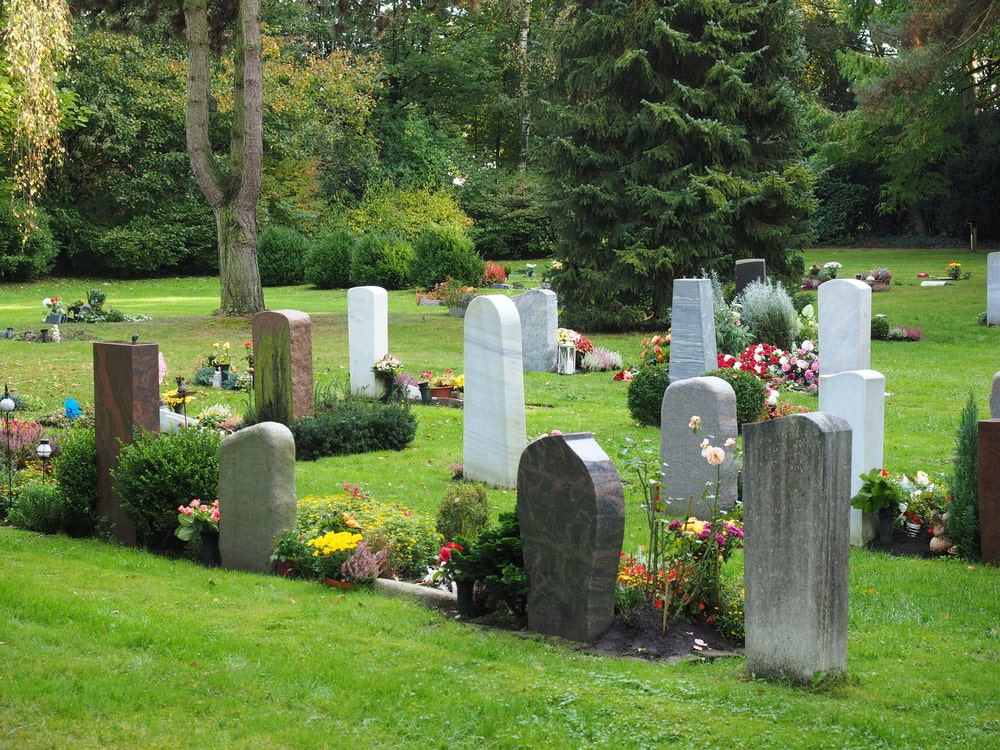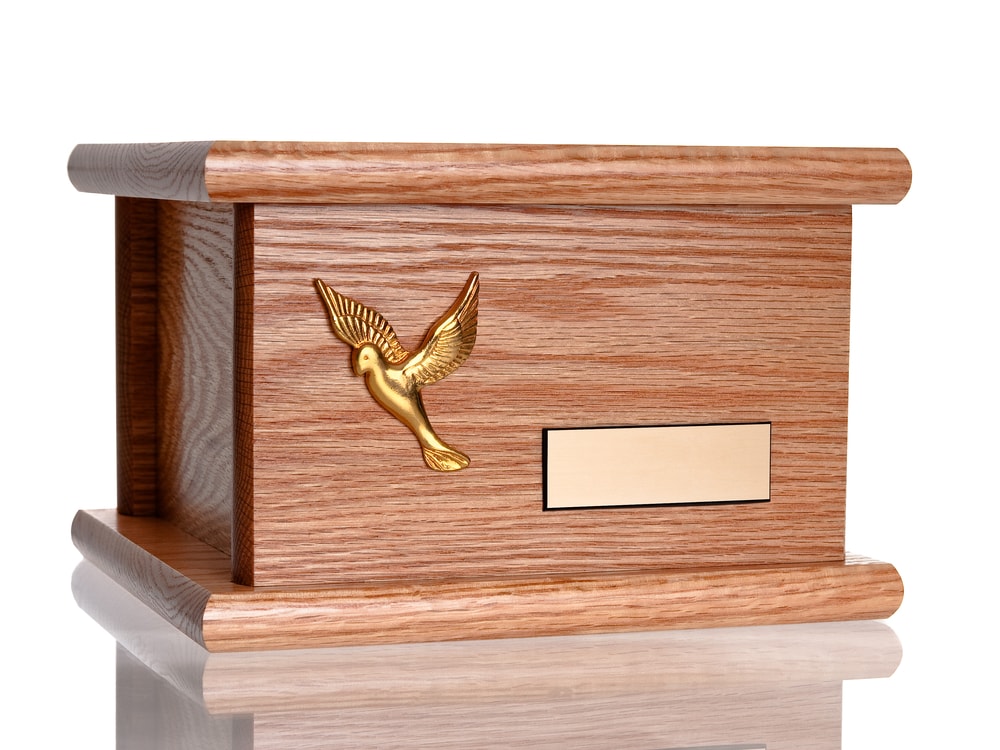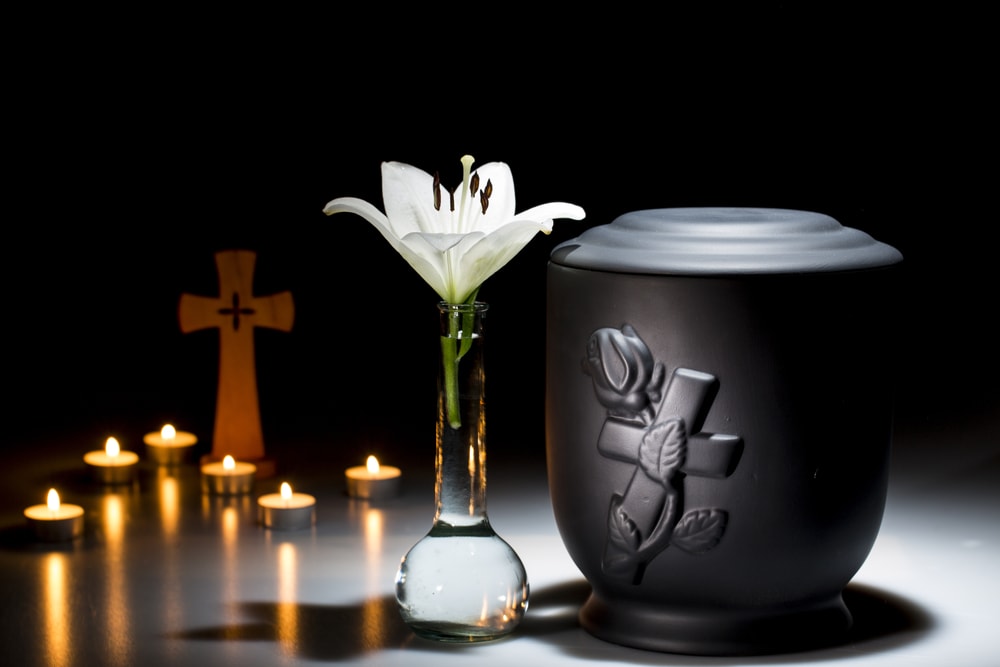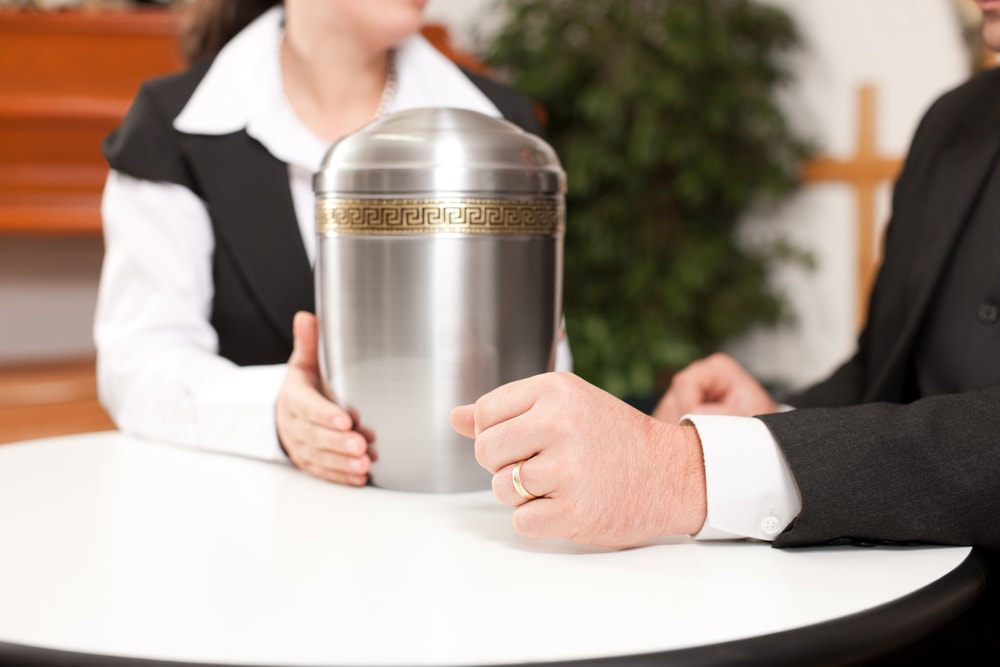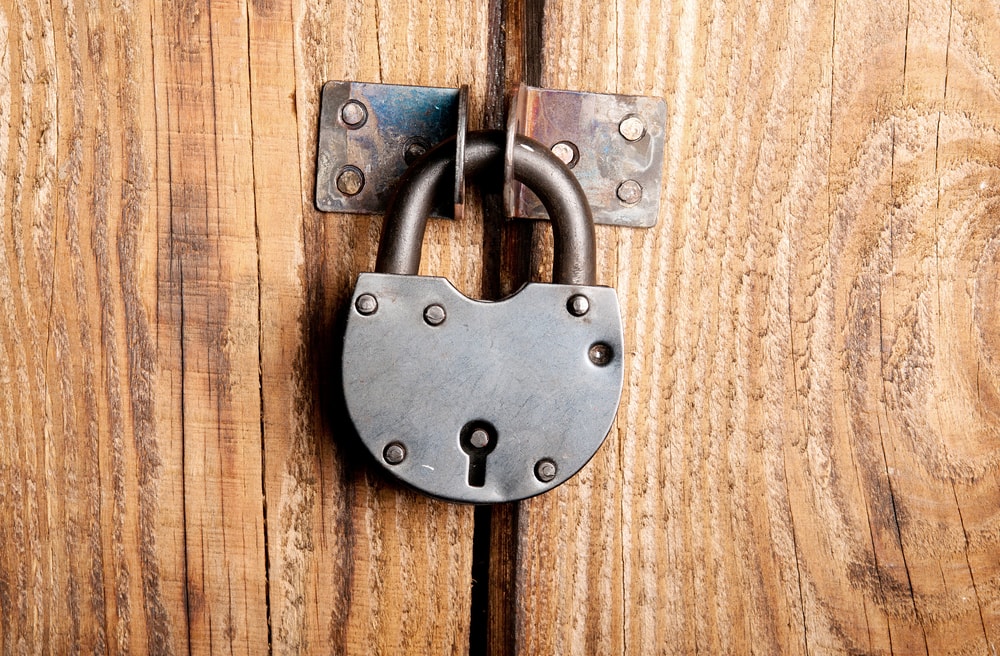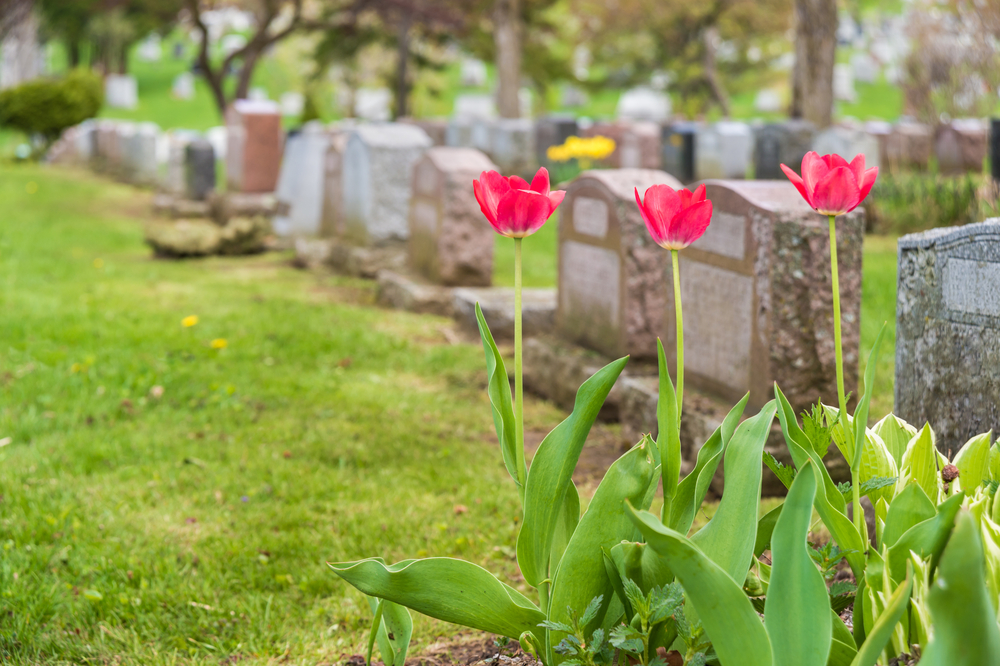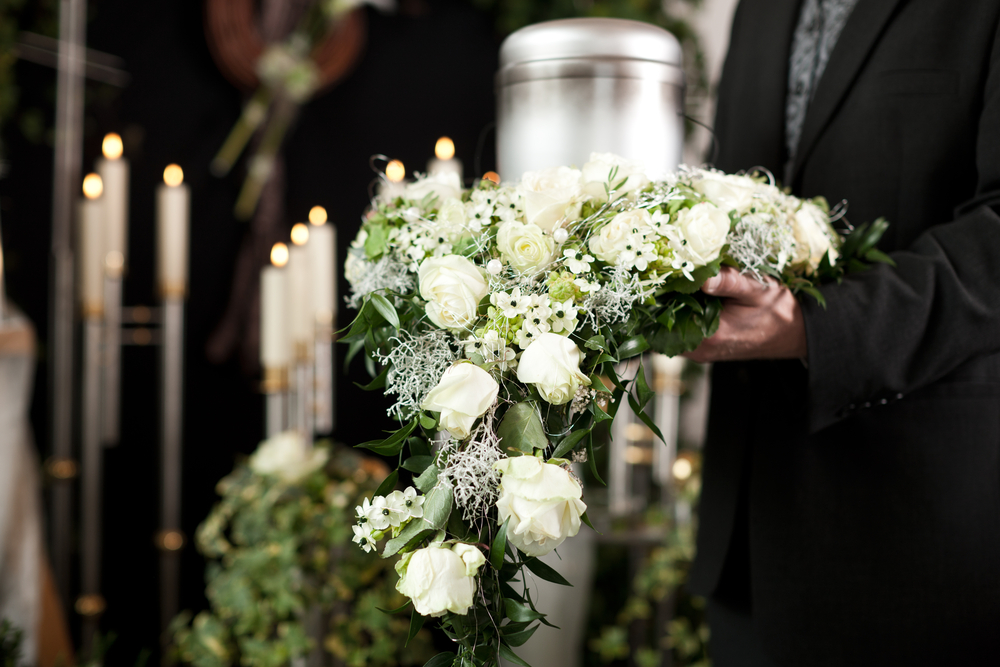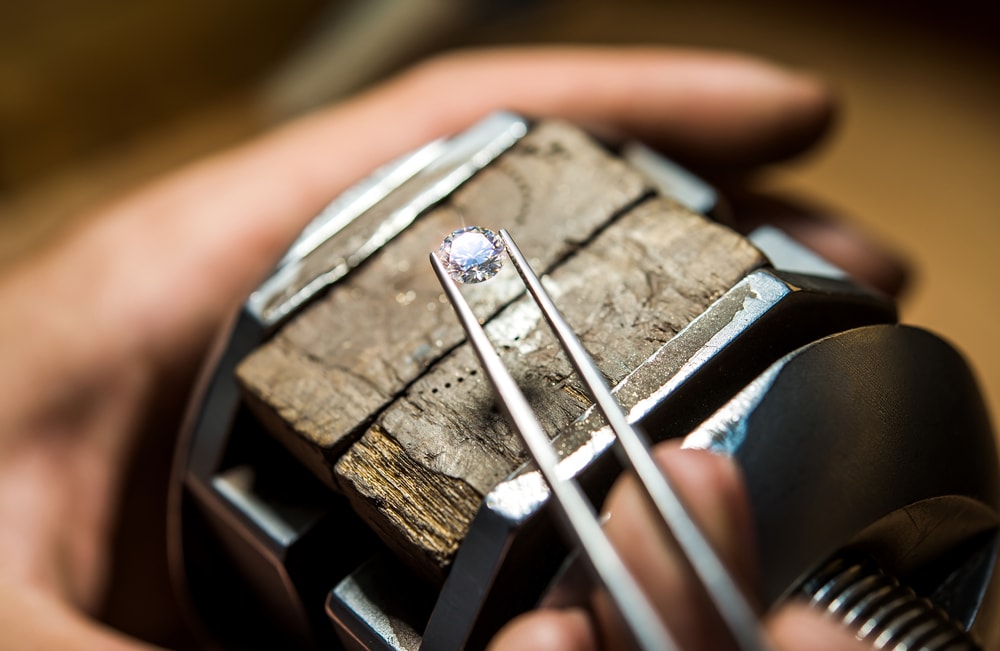
According to the National Funeral Directors Association, 62.5% of consumers feel that it is important to share funeral wishes with family members, but only 21.4% did so in 2017. That means that more than two-thirds of Americans acknowledge that preplanning is a good idea, but a majority of them never actually do anything about it. Why?
Usually, life gets in the way, and we get too busy. But none of us know the number of our days. Sometimes, we just have to make time for the important things, and this is one of those things. Make an appointment with yourself and your spouse to start getting your affairs in order, including your funeral plans.
There are many benefits to preplanning a funeral. A plan relieves your family of the need to make difficult decisions at a time of loss, saves money, and gives you time to plan a meaningful and healing funeral service. Most of us have never had to plan a funeral. This fact makes planning a difficult process when everyone is under stress and grieving a loss. That is why it’s a good idea to plan ahead of time – when you can consult with a funeral professional who can educate you on all the options available to you.

Once you’ve decided to plan ahead, you’ll want to avoid the most common pitfalls and mistakes people make. Here are the 9 most common mistakes to avoid as you put together a funeral plan.
Mistake #1 – Making a decision based solely on price
Price is important, but the old adage “you get what you pay for,” is also true. When you are comparing packages, make sure that you know what’s included and what’s not. In other words, make sure you are comparing apples to apples as you search for the best value. Understand that cemetery costs and third-party costs like flowers, obituaries, and police escorts are often not included in a funeral home’s package pricing. It is also good to remember that the best offer should include a reasonably-priced funeral in addition to caring, knowledgeable, professional staff. If you can, take time to tour the funeral home facility and meet the staff. While this isn’t always possible, you can thoroughly explore the funeral home’s website and give them a call to ask questions. Doing these things will help you understand some of the differences between your funeral home options. If you need a little guidance on what to look for in a funeral home, this article shares the top 10 things to look for.
Mistake #2 – Making a decision without enough information

Preplanning doesn’t have to be complicated. But without a funeral professional to walk you through the process, you may miss an important step. After all, you don’t know what you don’t know! To make the best preplanning decisions, you need to know about ALL the options available to you. This is why choosing a reputable funeral home and asking a funeral professional all your questions is so important. Another bonus to preplanning is that you can ask questions and explore options on your own time, without grief or stress. This way, you can have confidence that you’ve made the best choices for your particular needs.
Mistake #3 – Forgetting to balance everyone’s needs
A funeral service is more for the survivors than for the one who has died. It’s a time to reflect, to remember, to honor, to grieve, and to say goodbye. For this reason, when possible, it’s important to seriously consider what kind of funeral service to plan. While the wishes of the deceased are important, it is crucial to take the needs of family and friends into account as well. When only one group is considered, a funeral service may feel lacking rather than provide a meaningful and healing experience. To learn more about the 7 elements of a healing service, click here.
Mistake #4 – Procrastinating
Sometimes people wait too long. The best time to make decisions about preplanning is when you are healthy and can make decisions with a clear, rational mind. When illness comes, we often avoid anything related to death or do not have the energy or time to make plans. On top of that, sadness shrouds the entire planning process. When you are still young and strong, you can make your decisions without a cloud over you because you have continued life and enjoyment ahead of you. None of us knows what the future holds, so no matter your age or stage in life, it’s good to preplan now.
Mistake #5 – Not communicating your wishes to family

Some have missed the critical step of making their wishes known. For instance, some people put their funeral wishes in their will. However, no one reads the will until long after the funeral. Because of this, family members may miss any information that it contains about funeral wishes. Also, verbally sharing your funeral wishes with only a few people isn’t the best route either. Later, the people may disagree about what they each heard and create confusion. Be clear about your wishes and ensure that your immediate family knows what you want by writing it down. If you complete a funeral prearrangement, give them the name of the funeral home. This way, they know who to contact when the time comes.
Mistake #6 – Paying the wrong way
If you decide to pay in advance, you have to make sure that you pay the right way: with a prepaid funeral insurance plan. With a prepaid funeral insurance plan, make sure:
- Your plan is structured properly for Medicaid if you think you might need to qualify for long-term care assistance from the government.
- You have an itemized list of expenses from the funeral home based on your preferences (so you know what you’re paying for).
- You are paying through a reputable insurance company or trust, not directly to the funeral home.
- The policy is covered by a state guaranty fund that is in place to protect policyholders in the event that an insurance company defaults on benefit payments or becomes insolvent.
- Your funds will grow over time to keep up with inflation.
- Your plan includes sufficient funds for cash advance items and other possible, unexpected expenses so that your family will not have to pay for much or any of these expenses out of pocket.
Mistake #7 – Not paying in advance
Keep in mind that funeral expenses rise at a relatively high rate. The cost of steel, materials, energy, and wages contribute to a steady rise in costs over the years. By paying for a funeral in advance, you can sometimes reduce the cost of the funeral and alleviate the stress of paying for a funeral at a time of loss and emotional stress. By prefunding a funeral, you can save hundreds, or even thousands. If you decide not to prefund your funeral, make sure that you or your family have enough life insurance and/or cash on-hand to pay for funeral expenses at the current cost. Keep in mind that even if you have a life insurance policy or a final expense policy in place, the proceeds will not be paid for 6-8 weeks (or even longer) after you put in your claim, which is long after the funeral takes place.
Mistake #8 – Taking care of cemetery needs but not funeral service needs
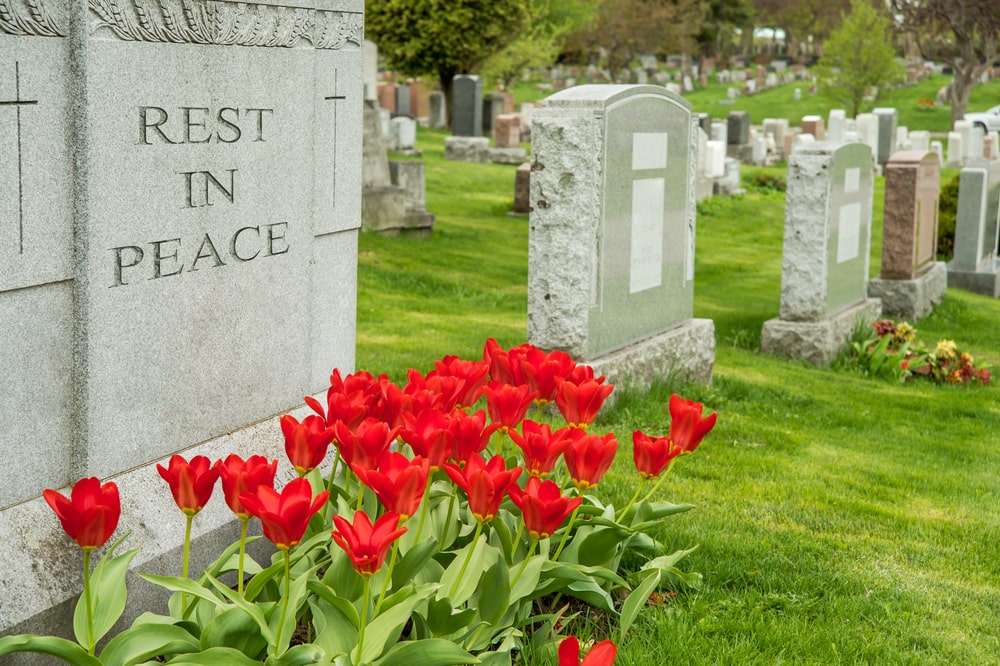
Purchasing a plot or columbarium niche at the cemetery is just one aspect of the preplanning process. Oftentimes, separate owners run the cemetery and the funeral home. This means that you can purchase space in a cemetery but have nothing planned for the funeral service. A funeral home will help you plan a personalized funeral service and select the merchandise (casket, urn, etc.) necessary to complete your final wishes. When the time comes, the funeral home will work in concert with the cemetery to ensure that everything goes smoothly.
It’s important to address all the details associated with planning a funeral. Working with a funeral home partner will help you stay on top of everything and accurately budget for all of the expenses. Unfortunately, some families miss a few details and end up under-funding the funeral service. Then, they have to hastily find additional financial resources to cover the costs. Planning ahead prevents this last-minute scramble.
Mistake #9 – Not preplanning at all
Whether you decide to pay for a funeral in advance or not, it’s always a good idea to preplan. This way, your family will know exactly what your wishes are. They won’t have to make difficult decisions on one of the hardest days of their lives. Instead, they can be together and grieve their loss. With a funeral plan in place, they can put your wishes in motion, confident in knowing that you will be honored in the way you desired. That takes a lot of stress and strain off the family. By preplanning, you give your family a gift of love – the peace of mind that everything is taken care of.


